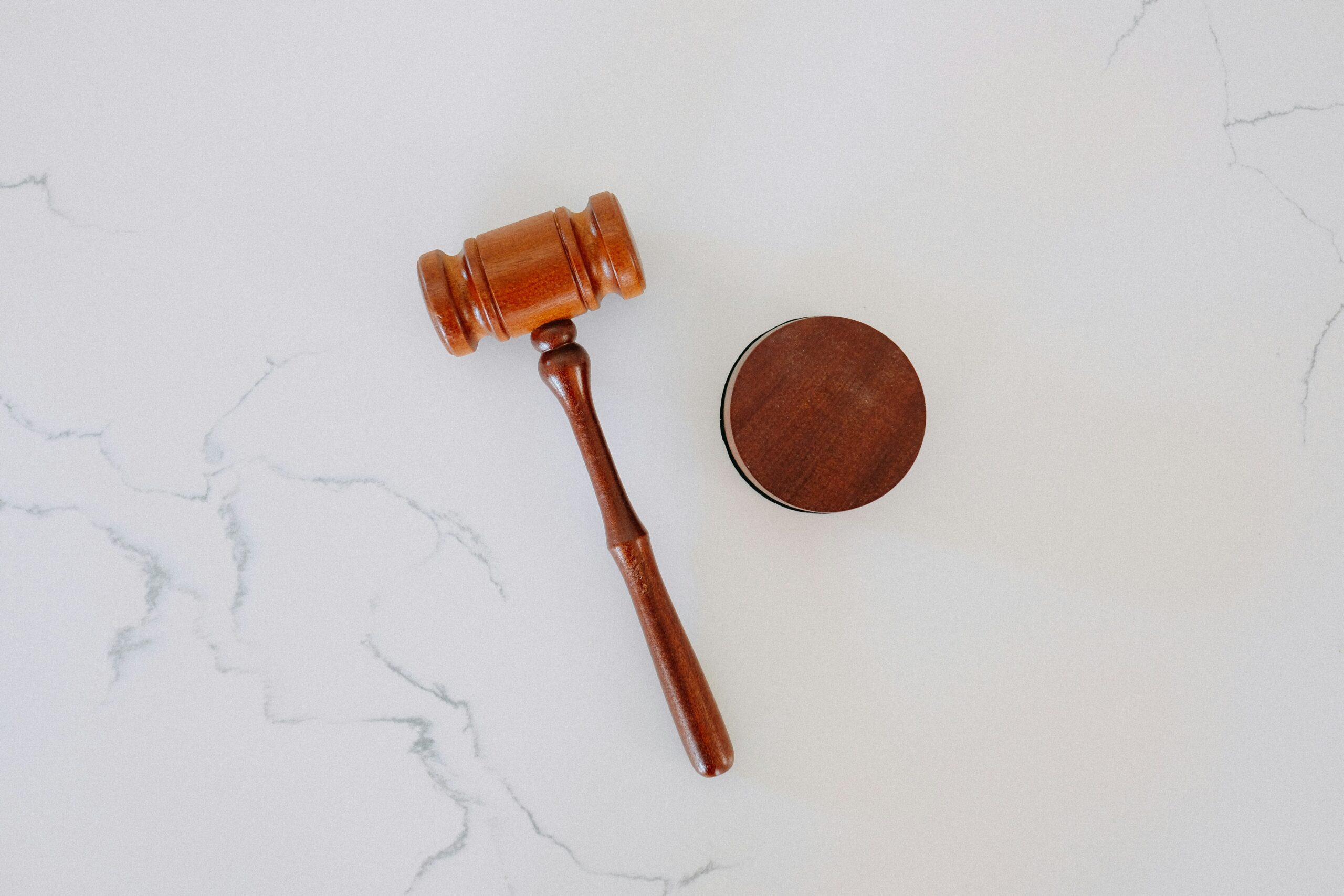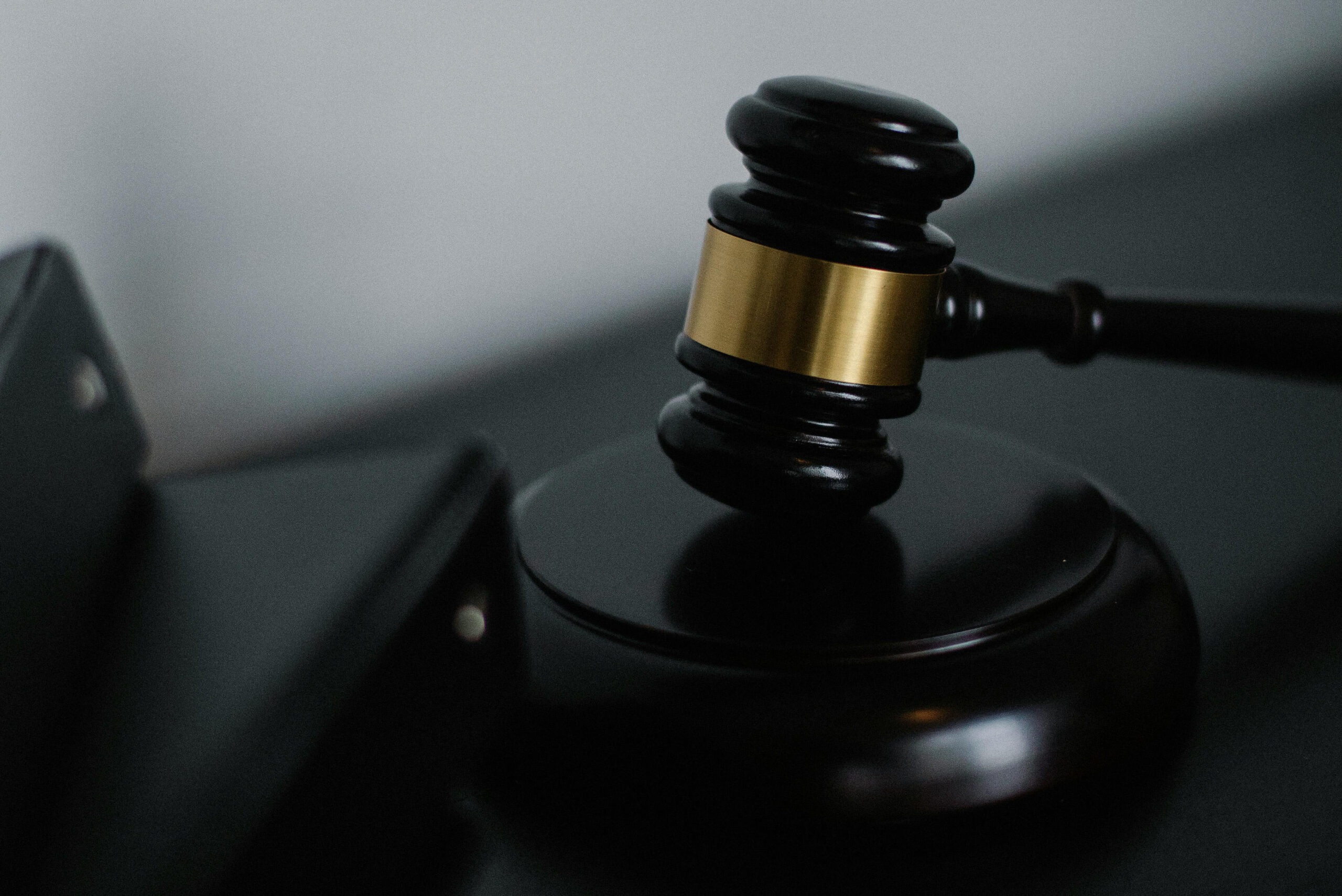What to Do if Your Business Is Sued in North Carolina: 7 Key Steps
Civil litigation is a broad legal field encompassing disputes between individuals, businesses, or other entities. Despite its prevalence, many misconceptions surround the process, leading to unnecessary confusion and fear. Here, we’ll explore and debunk some of the most common myths about civil litigation.
What is Defamation, Libel, & Slander?
Defamation is a complex area of law that protects individuals from false statements that could harm their reputation. It encompasses two specific types: libel and slander. Understanding the distinctions and implications of each can help individuals recognize and respond to potential defamation cases.
Corey Parton Recognized as One of North Carolina’s Legal Elite for 2025
We are excited to announce that Corey Parton has been selected to Business North Carolina magazine’s 2025 Legal Elite! This distinguished honor highlights the top lawyers across North Carolina, with only about 4% of the state’s practicing attorneys earning this recognition each year.
Debunking Myths About Civil Litigation
Civil litigation is a broad legal field encompassing disputes between individuals, businesses, or other entities. Despite its prevalence, many misconceptions surround the process, leading to unnecessary confusion and fear. Here, we’ll explore and debunk some of the most common myths about civil litigation.
The Role of Expert Witnesses in North Carolina Civil Trials
In civil trials, the complexity of the issues at hand often necessitates the use of expert witnesses. These individuals provide specialized knowledge that helps clarify factual matters for the jury and the judge, making them pivotal in various types of litigation, from personal injury to complex business disputes. This blog explores the role of expert witnesses in North Carolina civil trials, highlighting how their contributions can influence the outcomes of these legal proceedings. Understanding Expert Witnesses Expert witnesses differ from other witnesses in a trial due to their professional qualifications, experience, or education, which allows them to have[...]
What Constitutes Defamation in North Carolina?
Defamation law serves to protect individuals' reputations from unwarranted harm due to false statements. If you believe you have been defamed through false statements made about you in North Carolina, understanding how to initiate a defamation lawsuit is essential. This blog provides an overview of the key aspects of defamation law in North Carolina, aimed at enhancing understanding of the legal frameworks and principles that govern defamation cases. What is Defamation? In North Carolina, defamation encompasses two distinct forms: libel and slander. Libel is defined as defamation that occurs through a fixed medium, primarily written but also through photographs,[...]
Navigating Civil Litigation Landscapes: Common Civil Cases in Charlotte
Civil litigation encompasses a wide array of legal disputes where one party seeks to claim a right, recover a loss, or resolve a conflict through legal proceedings. In Charlotte, North Carolina, the spectrum of civil litigation is broad, reflecting the diverse legal needs of individuals and businesses in the region. At Parton Law, we navigate these complex legal terrains, ensuring our clients receive adept representation tailored to their unique circumstances. Types of Civil Litigation Disputes Business & Contractual Disputes Contractual disputes are a common occurrence in the business world, often arising from disagreements over contract terms, performance issues, or[...]
Can’t I Get Punitive Damages?
Clients who have been wronged often are insistent on going after the opposing party for “punitive damages”. Typically, those clients are really just looking for “enhanced damages”, meaning they want to force the opposing party pay more money than the client lost. True punitive damages are available in North Carolina where the opposing party acted willfully, or with fraud or malice, but there are numerous conditions and limitations. For example, a simple breach of contract cannot be the basis for punitive damages. A client must prove that they suffered actual financial harm, and the number of punitive damages can[...]
What Damages Am I Entitled to If I Sue Someone?
Civil law ensures that if you are harmed by someone else, you will be repaid for the injury you suffer. This compensation is generally referred to as “damages.” However, unlike criminal law, civil law is invoked only when you file a lawsuit against the person or entity that injured you. How do I recover damages in a lawsuit? A lawsuit allows you to recover damages from a person who was required to act in a certain way (either by statute, contract, or a generally accepted standard of care) fails to do so and causes you monetary loss. Broadly speaking,[...]
Civil Voluntary Dismissals
The North Carolina Rules of Civil Procedure Rule 41 permits a Plaintiff on his or her own account to dismiss a previously filed action at any time before resting their case. This permits the Plaintiff to take a second bite at the apple, so to speak, and re-file the same action a second time so long as its done within one year or, as case law points out, before the end of the original statute of limitations. Rule 41 uses ambiguous language as to the time allotted for the Plaintiff to re-file the case: “If an action commenced within the[...]










